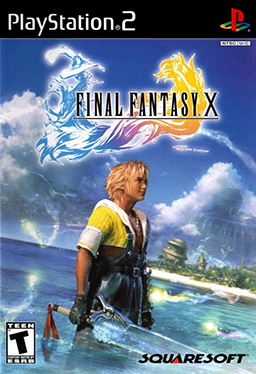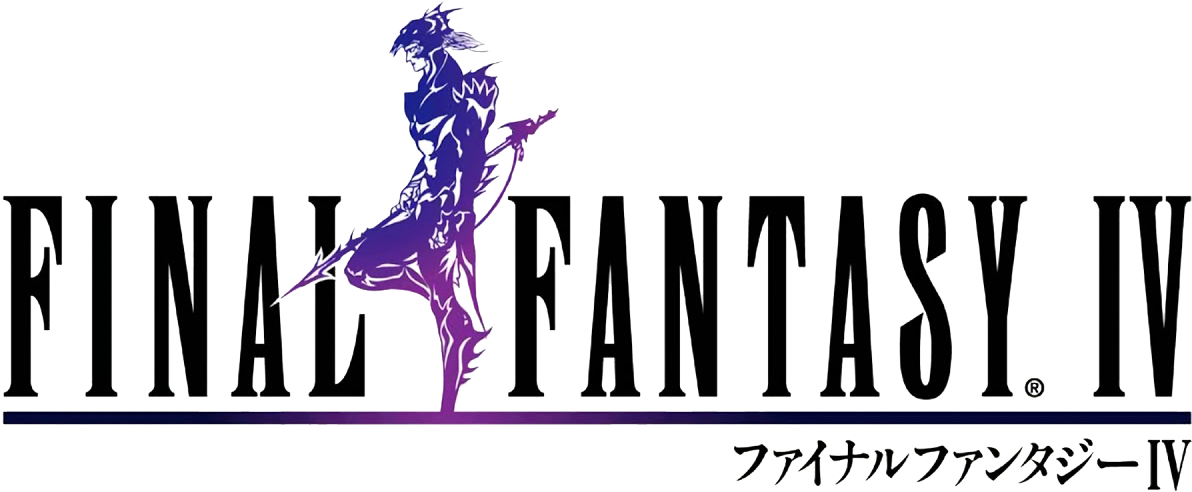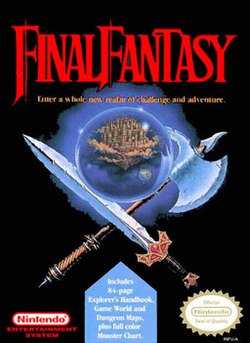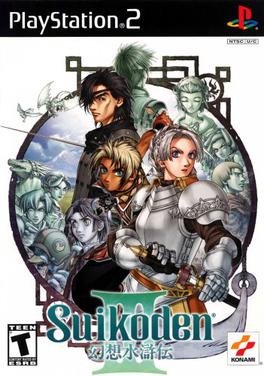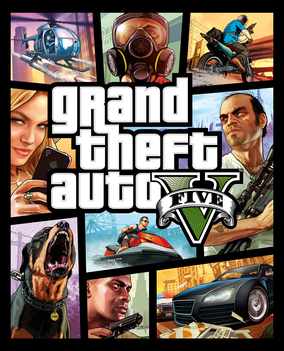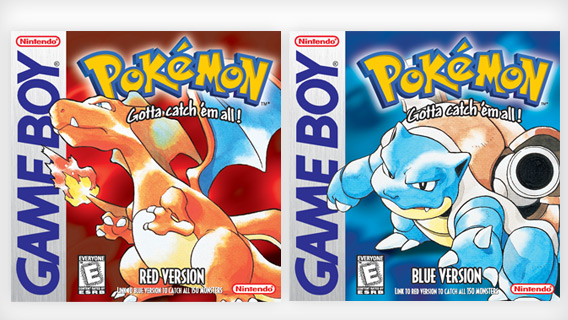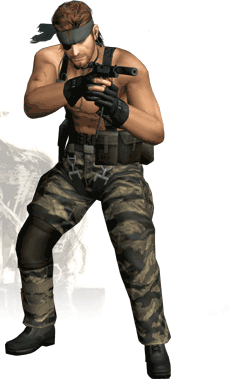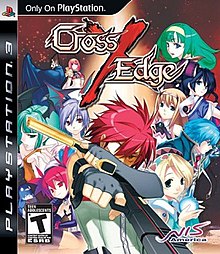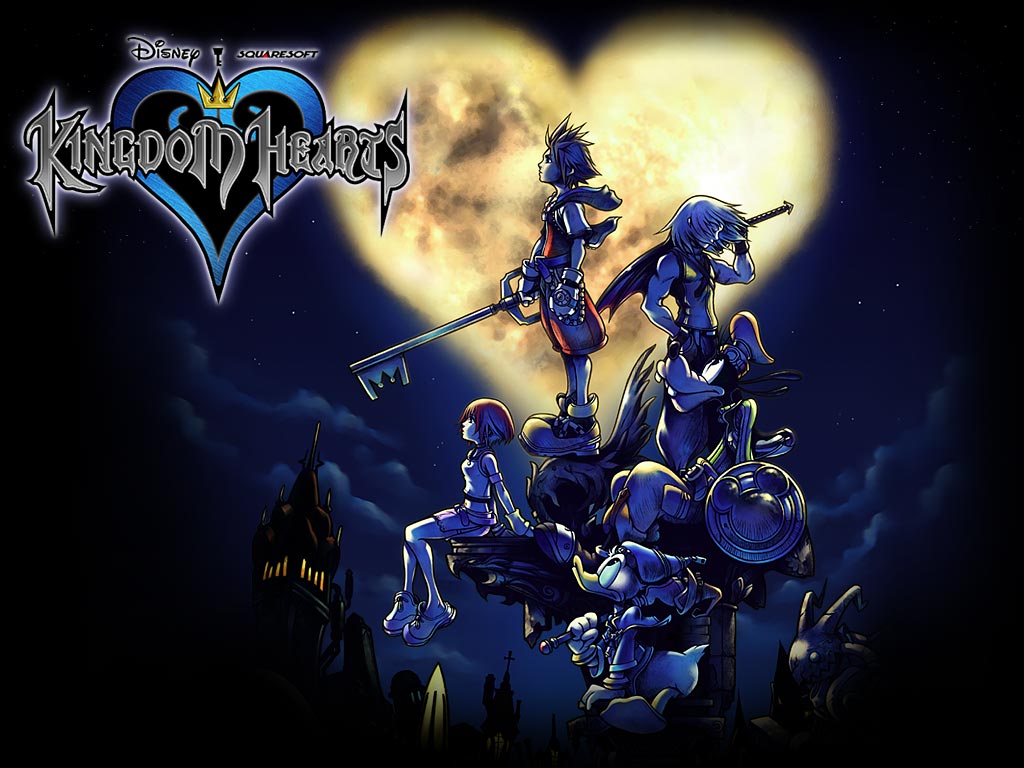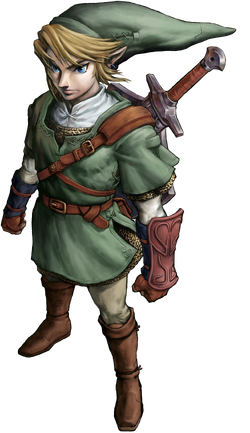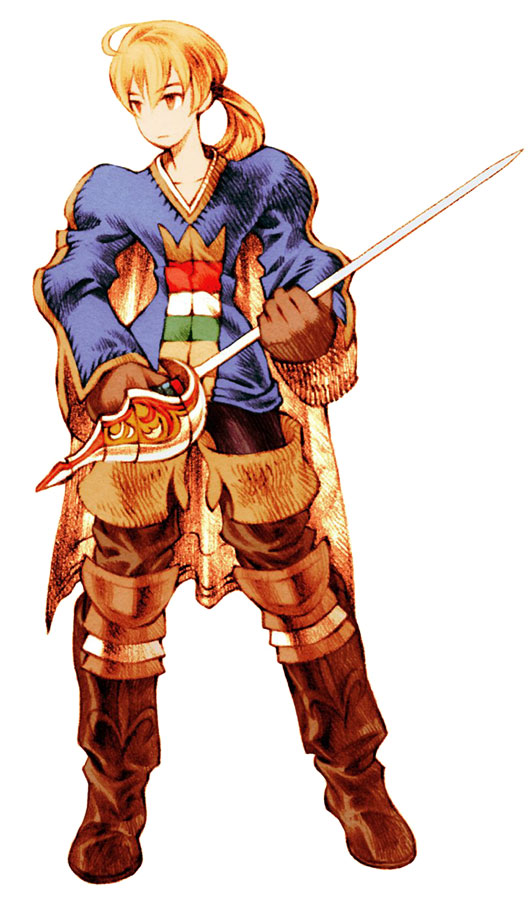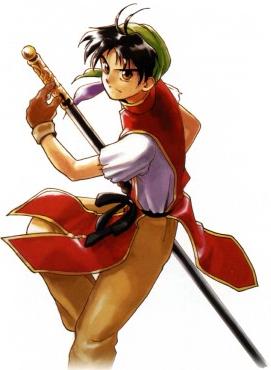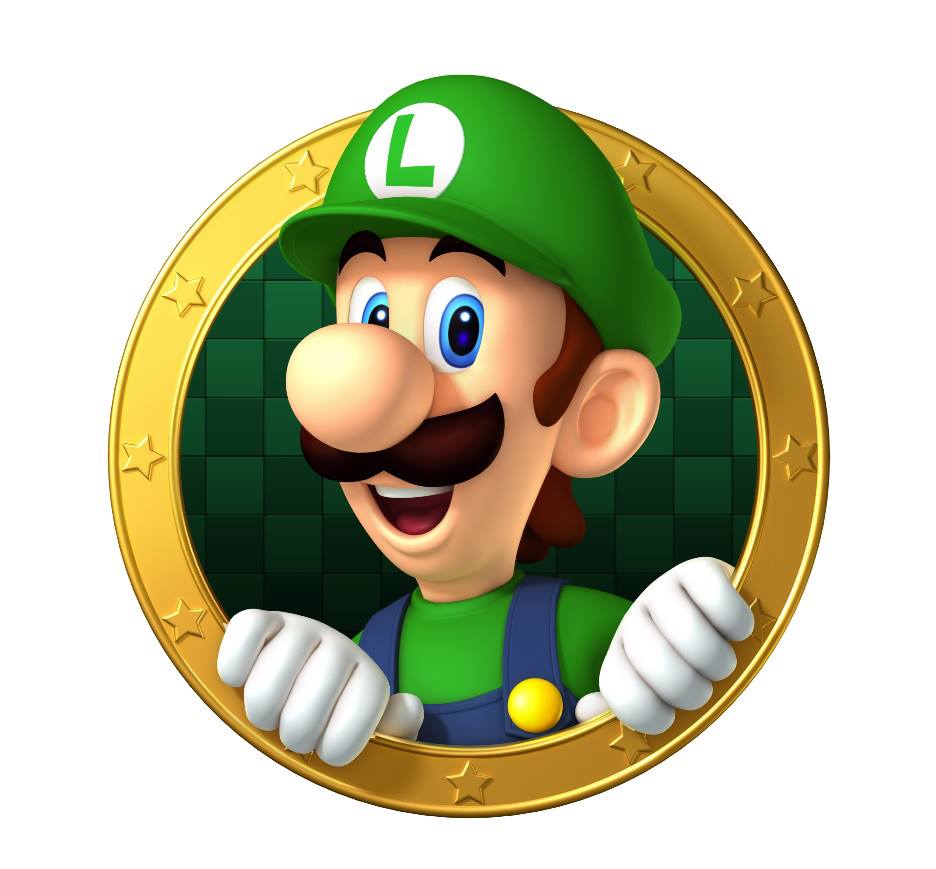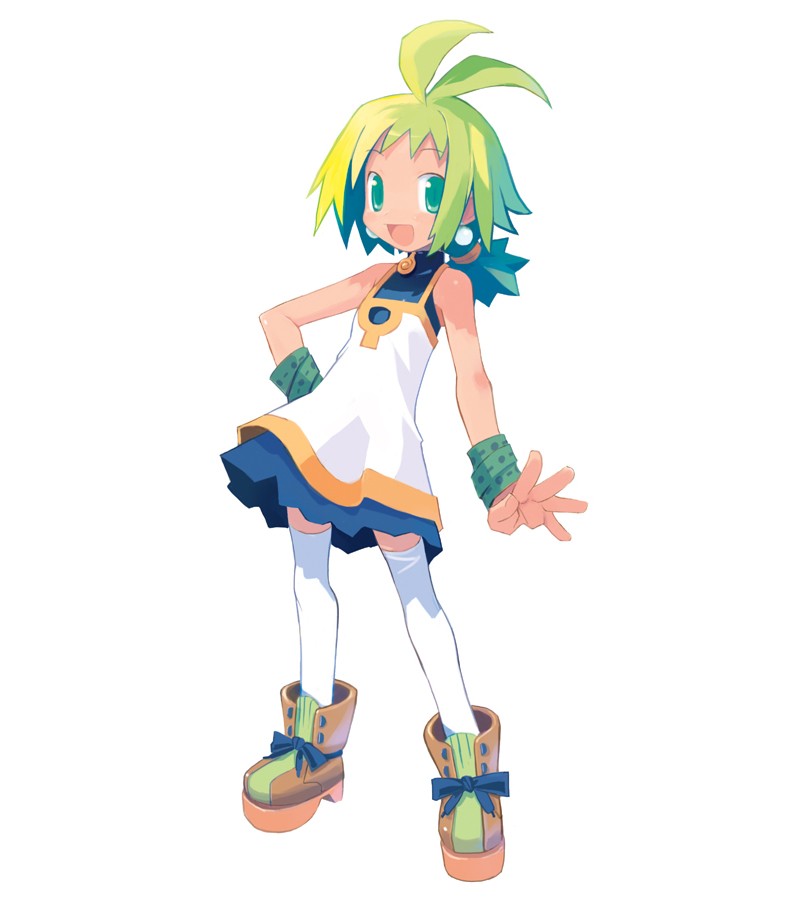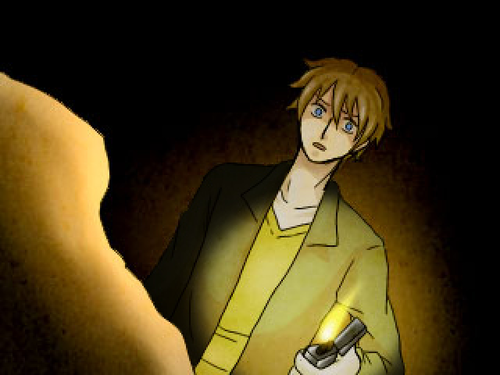Due to reasons of health, I was unable to do three of my promised blog entries: Final Fantasy 11, 12, and 13. I apologize, but my health comes first. I'm still a little weary, but I really wanted SOMETHING to close this month of Final Fantasy, so here's a quick word about the franchise.
What is it about Final Fantasy that has earned it so many fans? Well, we need to take a step back and look at what Final Fantasy actually is. Well, Final Fantasy is an RPG franchise that has been known, through its numbered iterations (at least from 4 to 9) to push the technological capabilities of whichever console the games were featured. It is a franchise that often features long stories while also having slow, menu based game play. It is one of the best selling RPG, as well as video game franchises in the world, and its name is synonymous with J-RPG. Along with Dragon Quest, this series helped revolutionize the RPG genre, and helped open up the RPG market. It is no exaggeration to say that, many modern RPG franchises owe their very existence to this series.
But what about the series itself? Why is it so famous? Well, this is a franchise that has often, though not always, churned out hit after hit. Starting with Final Fantasy 3, and ending with Final Fantasy 11, nearly every entry would garner near unanimous praise from professional critics and consumers alike. The few exceptions would be Final Fantasy Mystic Quest, released after Final Fantasy 4 in the American market and often viewed as a mistake, and Final Fantasy 10-2, the first (game) sequel to a Final Fantasy, in this case Final Fantasy 10, which, to be honest, was nowhere near as good as the original. After Final Fantasy 11, most entries would be either "love it or hate it", like Final Fantasy 13, "serviceable" like Final Fantasy 12, "pretty darn entertaining" like Final Fantasy Tactics Advance, or downright horrid, like Final Fantasy: All the Bravest, the single most abysmally reviewed entry in the entire franchise, and the SOLE entry in this franchise to be described by TV Tropes as So Bad It's Horrible.
So, what we have here is a franchise that has many well reviewed entries, and that has actually even helped shape an entire genre, as well as opening up said genre's market. But this is what makes the franchise "influential". What is it that makes the genre LOVED? After all, this is one of the few franchises that has lived from the 8 Bit era to the HD era! There are over 20 entries in the franchise; you don't get that many entries in a franchise without having a solid fanbase. So, what makes this series so loved?
It's a hodgepodge of reasons, some of which can not be put to the written word, but I'll try my best. You know, every video game offers the player a chance to experience something different. Super Mario allows the player to experience cutesy worlds while hopping about to find a lost princess. Sonic breeze through amazingly detailed stages at high speeds, sometimes making one feel as if they are on a roller coaster. The Sims helps one observe the daily lives of fictional people. Well, Final Fantasy allows one to experience an epic story of good versus evil.
But it's so much more than that. Final Fantasy lets the player experience new worlds, worlds that often the player wishes he or she could explore in real life, that they could be REAL. It offers characters that the player often identifies with, looks up to, and in the case of the villains, often loves to hate.
The series is popular because the player resonates with the series. Many of its games are emotional roller coasters. What gamer didn't stand up in shock when Galuf died fighting Exdeath in Final Fantasy 5? How many gamers dropped their controllers to the ground in horror upon witnessing Kefka destroy the world in Final Fantasy 6 after spending at least six game hours working to prevent such a thing? How many gamers wept when Aeris was killed in Final Fantasy 7? How many fists pumped into the air in triumph when Sephiroth was killed once and for all? How many tears were shed when Tidus ceased to exist in Final Fantasy 10?
Final Fantasy is a series that has created an innumerable amount of memories in gamers across the world. It's this love, for many unconditional, for others waning from the disappointment in a company that has seemingly forgotten what got it ahead in the first place, that keeps this franchise alive and profitable. Why is Final Fantasy so popular? Because it is a franchise that creates unforgettable experiences to the player, makes them feel more alive. Final Fantasy is famous because people love it, and people love it because they experienced many emotions playing.THIS is the sole measurement of a game's quality and of a franchise' staying power.
What is it about Final Fantasy that has earned it so many fans? Well, we need to take a step back and look at what Final Fantasy actually is. Well, Final Fantasy is an RPG franchise that has been known, through its numbered iterations (at least from 4 to 9) to push the technological capabilities of whichever console the games were featured. It is a franchise that often features long stories while also having slow, menu based game play. It is one of the best selling RPG, as well as video game franchises in the world, and its name is synonymous with J-RPG. Along with Dragon Quest, this series helped revolutionize the RPG genre, and helped open up the RPG market. It is no exaggeration to say that, many modern RPG franchises owe their very existence to this series.
But what about the series itself? Why is it so famous? Well, this is a franchise that has often, though not always, churned out hit after hit. Starting with Final Fantasy 3, and ending with Final Fantasy 11, nearly every entry would garner near unanimous praise from professional critics and consumers alike. The few exceptions would be Final Fantasy Mystic Quest, released after Final Fantasy 4 in the American market and often viewed as a mistake, and Final Fantasy 10-2, the first (game) sequel to a Final Fantasy, in this case Final Fantasy 10, which, to be honest, was nowhere near as good as the original. After Final Fantasy 11, most entries would be either "love it or hate it", like Final Fantasy 13, "serviceable" like Final Fantasy 12, "pretty darn entertaining" like Final Fantasy Tactics Advance, or downright horrid, like Final Fantasy: All the Bravest, the single most abysmally reviewed entry in the entire franchise, and the SOLE entry in this franchise to be described by TV Tropes as So Bad It's Horrible.
So, what we have here is a franchise that has many well reviewed entries, and that has actually even helped shape an entire genre, as well as opening up said genre's market. But this is what makes the franchise "influential". What is it that makes the genre LOVED? After all, this is one of the few franchises that has lived from the 8 Bit era to the HD era! There are over 20 entries in the franchise; you don't get that many entries in a franchise without having a solid fanbase. So, what makes this series so loved?
It's a hodgepodge of reasons, some of which can not be put to the written word, but I'll try my best. You know, every video game offers the player a chance to experience something different. Super Mario allows the player to experience cutesy worlds while hopping about to find a lost princess. Sonic breeze through amazingly detailed stages at high speeds, sometimes making one feel as if they are on a roller coaster. The Sims helps one observe the daily lives of fictional people. Well, Final Fantasy allows one to experience an epic story of good versus evil.
But it's so much more than that. Final Fantasy lets the player experience new worlds, worlds that often the player wishes he or she could explore in real life, that they could be REAL. It offers characters that the player often identifies with, looks up to, and in the case of the villains, often loves to hate.
The series is popular because the player resonates with the series. Many of its games are emotional roller coasters. What gamer didn't stand up in shock when Galuf died fighting Exdeath in Final Fantasy 5? How many gamers dropped their controllers to the ground in horror upon witnessing Kefka destroy the world in Final Fantasy 6 after spending at least six game hours working to prevent such a thing? How many gamers wept when Aeris was killed in Final Fantasy 7? How many fists pumped into the air in triumph when Sephiroth was killed once and for all? How many tears were shed when Tidus ceased to exist in Final Fantasy 10?
Final Fantasy is a series that has created an innumerable amount of memories in gamers across the world. It's this love, for many unconditional, for others waning from the disappointment in a company that has seemingly forgotten what got it ahead in the first place, that keeps this franchise alive and profitable. Why is Final Fantasy so popular? Because it is a franchise that creates unforgettable experiences to the player, makes them feel more alive. Final Fantasy is famous because people love it, and people love it because they experienced many emotions playing.THIS is the sole measurement of a game's quality and of a franchise' staying power.
